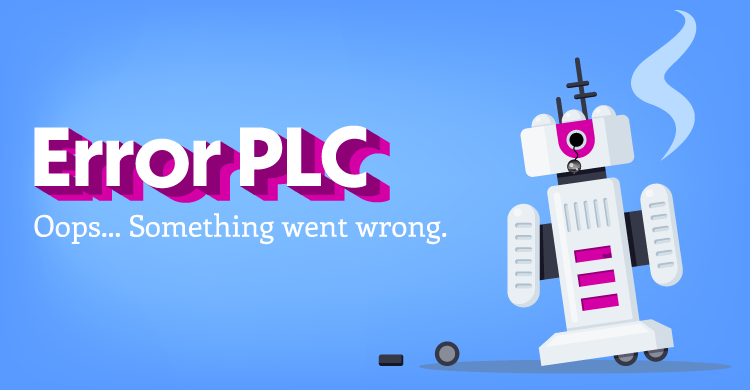Strengthen Your Skills in Literacy Leadership
Striking the balance of a focus on management and leadership is a daily dilemma for
Read More

Striking the balance of a focus on management and leadership is a daily dilemma for
Read More
Based on Leading with Intention It is that time of the year again. School is
Read More
Schools and districts throughout the world claim to embrace the professional learning community process. Unfortunately,
Read More
Based on Leading With Intention We both love concerts and attend them often. We recently
Read More